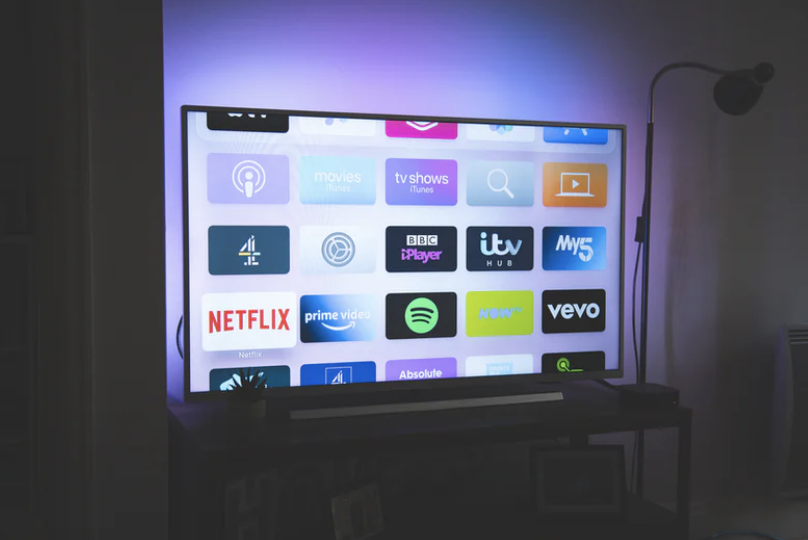Is your smart television tracking your viewing habits unbeknownst to you and then selling the data? While it might sound far-fetched, it turns out it’s true.
In what some people have referred to as a “ridiculously small fine,” VIZIO will pay a $2.2 million settlement for charges levied by the Federal Trade Commission and the Office of the New Jersey Attorney General earlier this month. The charge? Installing software on its TVs to collect viewing data on 11 million consumer TVs without the consumer’s knowledge or consent. This started in February 2014.
You can read more about the federal court order here.
Not only did VIZIO collect the data without getting consent, they also “sold this information to third parties, who used it for various purposes, including targeting advertising to consumers across devices,” according to the press release issued by the FTC.
While the data shared didn’t include name or contact info, it did include other sensitive info like sex, age, income, marital status, household size and education.
“VIZIO touted its ‘Smart Interactivity’ feature that ‘enables program offers and suggestions’ but failed to inform consumers that the settings also enabled the collection of consumers’ viewing data. The complaint alleges that VIZIO’s data tracking—which occurred without viewers’ informed consent—was unfair and deceptive, in violation of the FTC Act and New Jersey consumer protection laws.
The $2.2 million payment by VIZIO includes a payment of $1.5 million to the FTC and $1 million to the New Jersey Division of Consumer Affairs, with $300,000 of that amount suspended. The company has also been ordered to delete all information collected before March 2016.
VIZIO is one of the world’s largest manufacturers and sellers of internet-connected smart televisions. The court order requires VIZIO to “prominently disclose and obtain affirmative express consent for its data collection and sharing practices, and prohibits misrepresentations about the privacy, security, or confidentiality of consumer information they collect. It also requires the company to delete data collected before March 1, 2016, and to implement a comprehensive data privacy program and biennial assessments of that program.”
The Telegraph covered the story and interviewed Daniel Nesbitt, the research director at Big Brother Watch, who had this to say:
“It’s wrong that customers had no idea it was happening, companies have to make more of an effort to be clear about what data they collect and how it’s used,” said Daniel Nesbitt, research director at Big Brother Watch. “Citizens should always be asked before their data is collected, they have to be able to understand how their information is being used and say no to it if they don’t feel comfortable.”
Are you covered for identity theft?
Get Covered
Image: Unsplash

